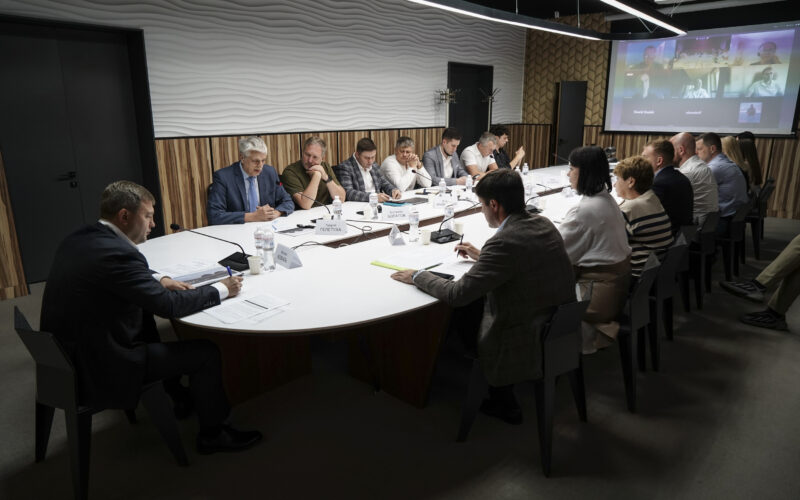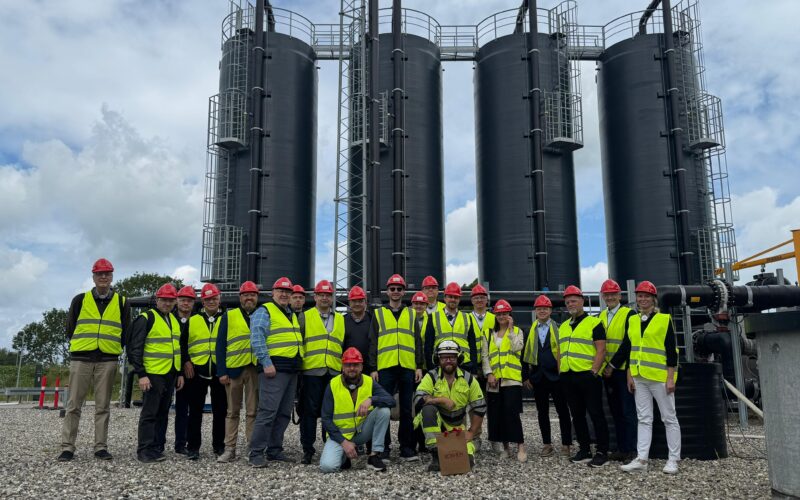Working group of Knowledge Management Programme: results of the second meeting at SAF platform
We share the results of the second meeting within the project “Ukraine Sustainable Bioenergy Value Chain Innovation – Knowledge Management Programme” with the support of the European Bank for Reconstruction and Development (EBRD) and the Global Environment Facility (GEF).
This stage of the project is very important, because its results should find practical application in many educational areas, emphasizes Alina Bilan, coordinator of the project from the EBRD.
Currently, 59 stakeholders have already entered the list of the project steakholders, including 29 representatives of the Ministry of Education and Science of Ukraine and 30 companies/organizations of the bioenergy sector and those close to it. Our team, consisting of international and Ukrainian experts, works hard to make the materials as useful as possible for scientists, businesses and state authorities.

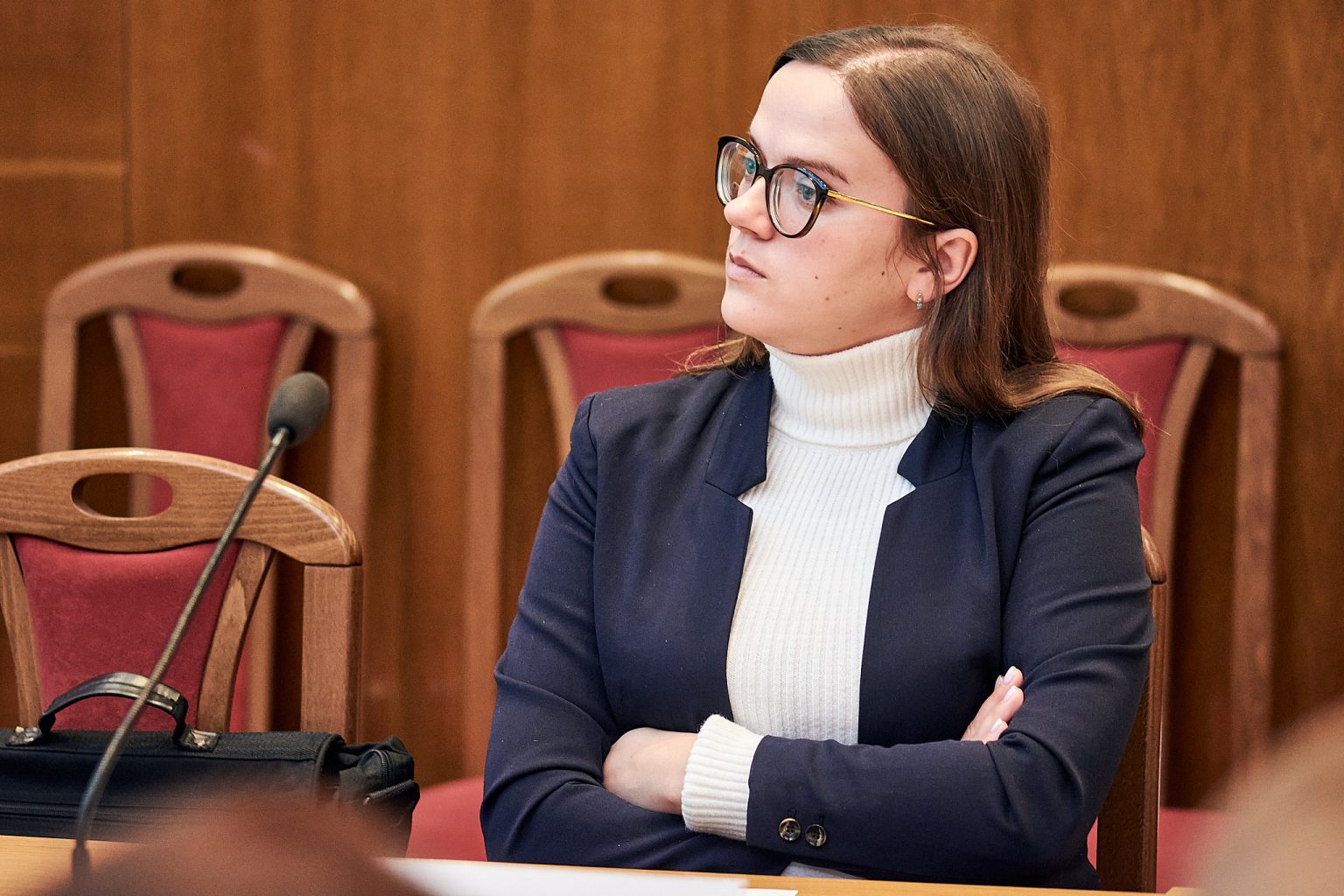
Visit the SAF platform where we share the results of the meeting and plans for the future.
Which issues were actualized during the meeting?
Development of the matrix of knowledge and competences in educational programmes related to bioenergy. The educational programmes of higher education institutions were analyzed.
According to the experts, the professional competencies of this standard should include the engineering competencies of modern systems, such as automated design systems, as well as practical tasks, such as the integration of renewable energy and bioenergy systems into energy networks, studying the operation of devices that manage these systems and issues of efficiency and reliability of their work, as well as the ability to conduct a technical review of such systems.
Particular attention in the competences is given to the issues of raw materials, in particular, types of biofuels, methods of their procurement and preparation for energy conversion.
After analyzing the project of the educational standard for specialty 145 “Renewable energy sources and bioenergy” branch of knowledge 14 “Electrical engineering”, project experts noted its narrow focus only on hydropower and additionally wave and tidal energy.
According to experts, the draft standard should be expanded to include photovoltaics and, in particular, bioenergy, which is more in line with the resource specifics of our country and has the potential to create energy security.
Within the framework of the project, experts prepared an approximate list of necessary disciplines for the relevant educational programs of the first (bachelor) and second (master) levels of higher education, which are presented in the cycle of special (professional) training of educational programmes.
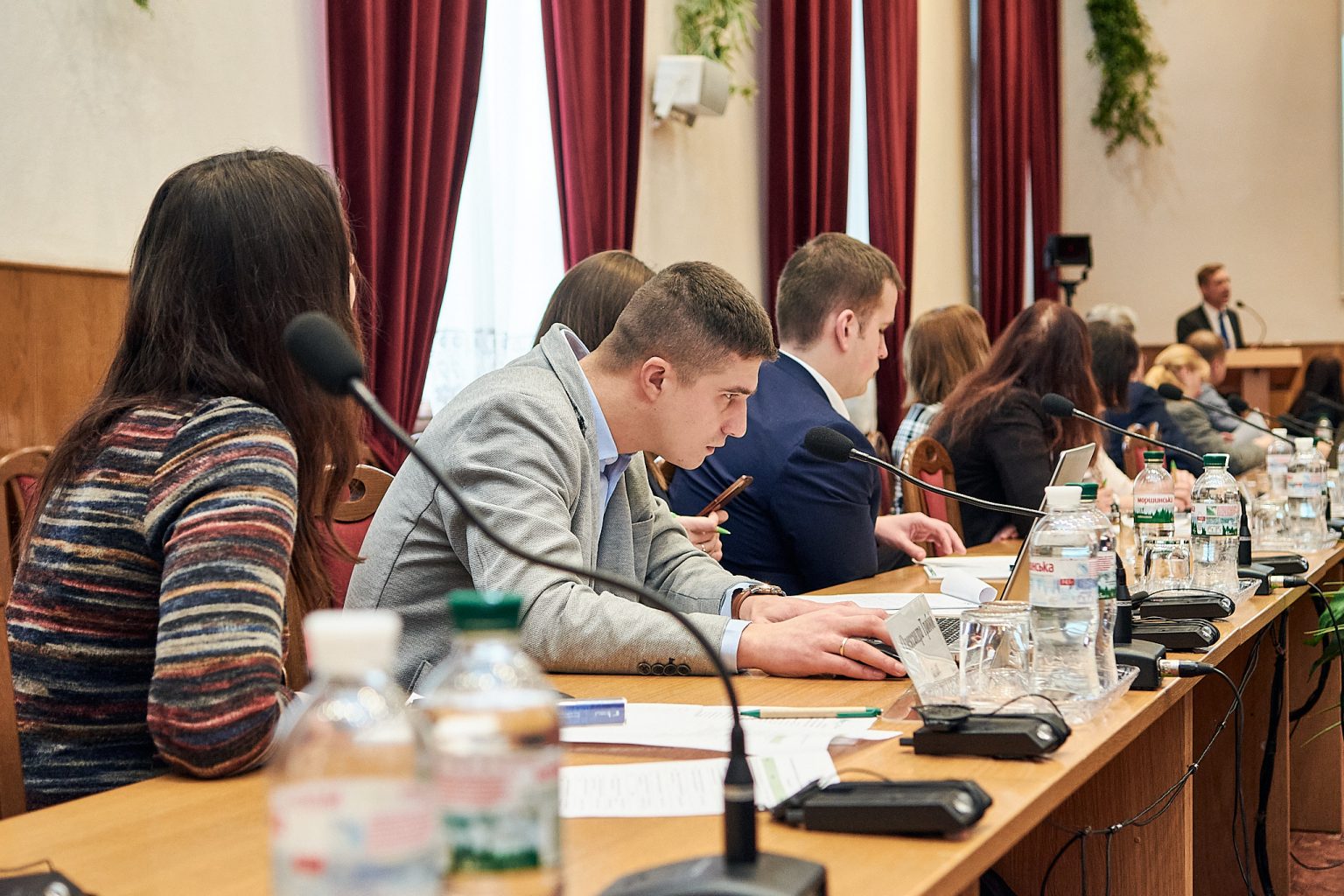
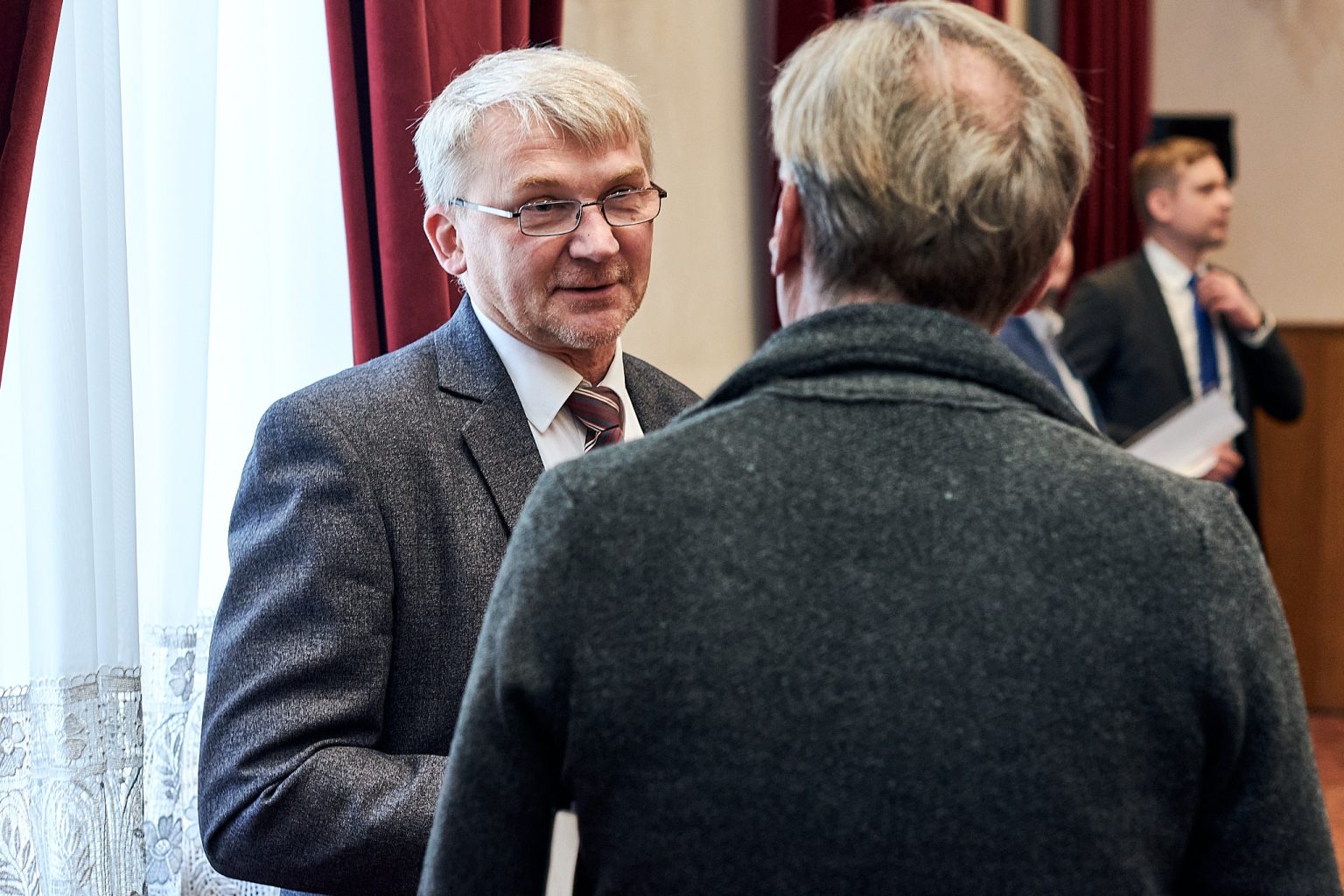
Action plan for creating/updating educational programmes related to bioenergy.
The updating of curricula should be based on the application of modern bioenergy technologies and the best available foreign experience.
It is important to take into account that the introduction of educational programmes in higher education institutions involves a long process with many stages:
- programme approval,
- formation of a target group of students under it,
- providing of the support of the programme from the state (state funding places).
The first step, experts mean, is to change the educational standard “Renewable energy sources and bioenergy” to include the bioenergy issue.
In the future, this educational standard will become the basis for the development of educational programmes. As an example of such programmes, the expert presented the educational-professional and educational-scientific programmes “Renewable energy sources” and “Bioenergy systems”, which are recommended for implementation in Ukrainian universities after the approval of the educational standard.
If there is no opportunity for higher education institutions to create separate programmes on bioenergy, the Action Plan proposes to integrate elements of bioenergy into existing educational programmes of higher education institutions.
Plan for the preparation and implementation of training courses for improving the qualifications of employees in the bioenergy sector.
The training programme of 30 lectures has already been formed, speakers and dates have been determined. Training is scheduled to begin in November 2023. Lectures will be held twice a day and will be presented in Ukrainian.
The lectures will be divided into three topics:
- Training course on biogas/biomethane;
- Training course on the use of biomass for the production of thermal energy and combined production of thermal and electrical energy;
- Training course on procurement and supply of biomass for energy needs.
In general, the training courses of the project are oriented more towards business, therefore they update issues of technical and economic justification, Ukrainian legislation, etc.
Each course will include 10 lectures with a total duration of 20 academic hours. It is expected that at least 300 participants will take the courses in three areas. The final version of all video recordings of the lectures will be uploaded to a specialized platform.
Read more on the SAF platform!
We remind you that UABIO is a partner of the Sustainable agribusiness platform (SAF).
SAF is a communication platform that brings together agribusiness stakeholders and aims to establish strong links between market players and introduce sustainable approaches in agriculture.
For this platform, our team prepares verified professional content on the bioenergy sector.

